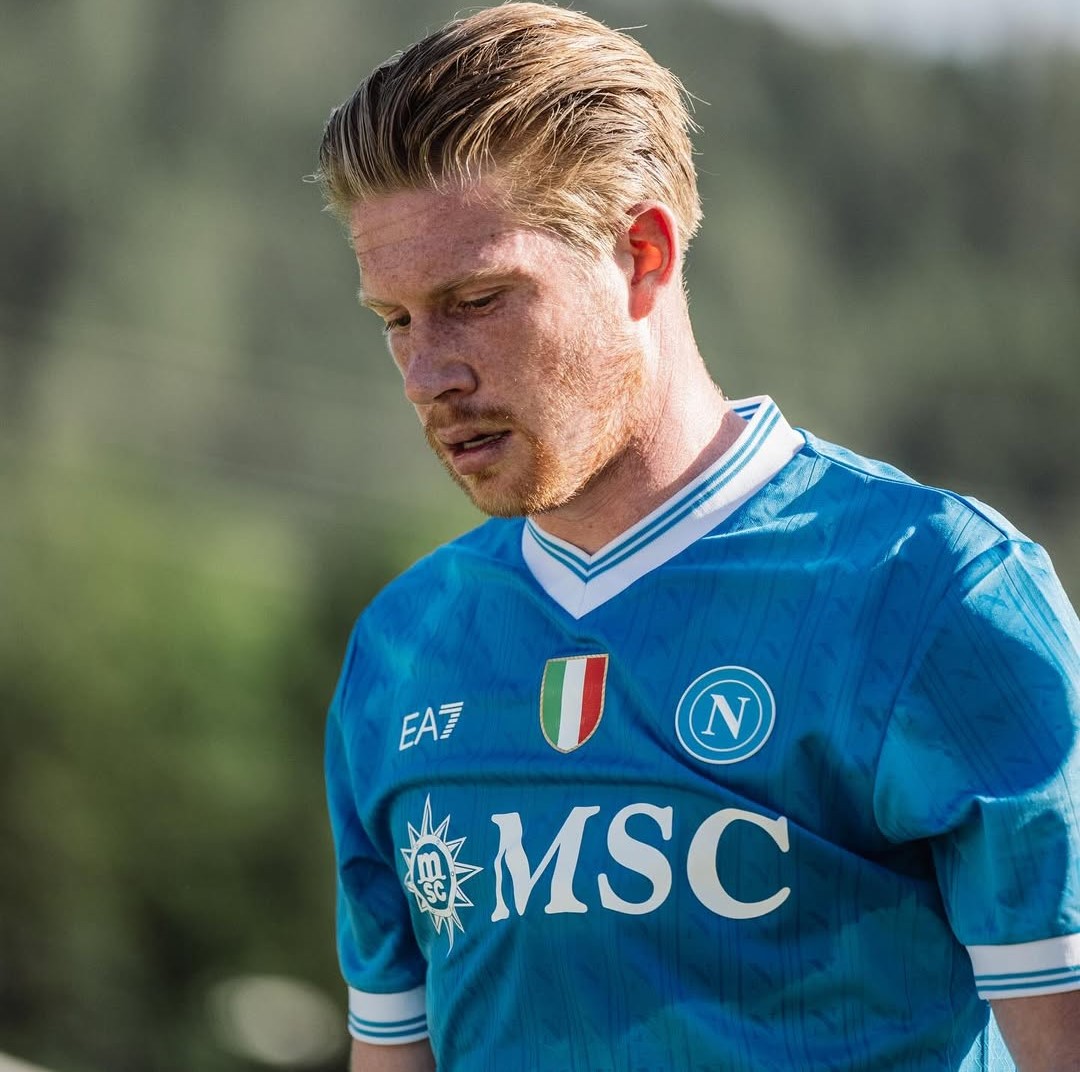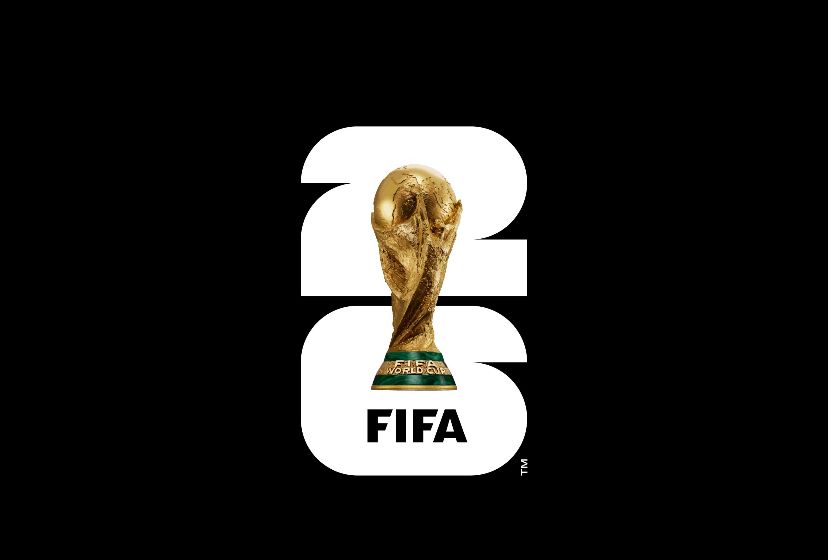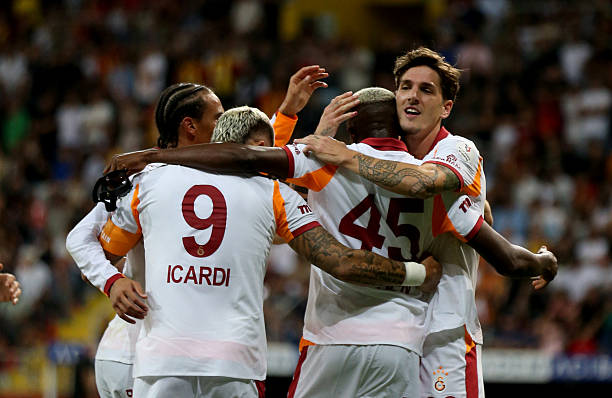Lagos pulsed with excitement as the AFC World Series wrapped up its remarkable tournament, establishing itself as the first privately organised MMA platform in Africa to earn official continental ranking status. The city’s vibrant energy set the stage for a new era in African combat sports, with athletes from all over the nation converging for a chance not just to earn medals but to become part of the continent’s sports history.
Over the course of four action-packed days, fighters from diverse backgrounds brought their skills, dreams, and determination to the octagon. For many, it wasn’t just about individual glory—it was about paving the way for future generations and making a bold statement about Nigeria and Africa’s potential on the global MMA scene.
Nigerian Fighters Rise to the Challenge
Among those who stood out was Victor Obadaya, whose journey in the tournament was marked by both triumph and internal conflict. After earning victory against a teammate, Obadaya described his feelings as mixed. He explained to PREMIUM TIMES, “I was happy that I won, but I was not able to celebrate because he was my teammate. I take everyone in my team as a brother.”
Despite the bittersweet nature of his win, Obadaya is resolutely focused on what comes next. He voiced his ambition to represent Nigeria in the Olympics and to eventually compete at the highest professional level in the UFC. “I feel this should be the opportunity to represent my country. I have a passion for this country, and I want to face whatever comes in front of me,” he shared.
Building Infrastructure for a Brighter Future
Henry George, president of the Nigerian Mixed Martial Arts Federation (NMMAF), lauded the impressive quality of competition on display throughout the event. He emphasised that Nigerian MMA is ready to take its talents to the world stage, thanks to growing local expertise and inspiration from international fighters.
“We have top-tier fighters already because they’ve been inspired by our brothers competing internationally,” George stated. “What we’re doing now is laying the infrastructure for proper development—the amateur system, the ranking system—so they have sufficient fights before going professional.”
He provided insight into Nigeria’s approach to fighter development, aligning with international best practices by ensuring athletes secure a minimum of 10 amateur fights before transitioning to professional ranks. “By the end of this month, we are going to the World Championship in Georgia,” he explained. “With the exposure from this platform, our fighters are ready and we are confident of winning medals.”
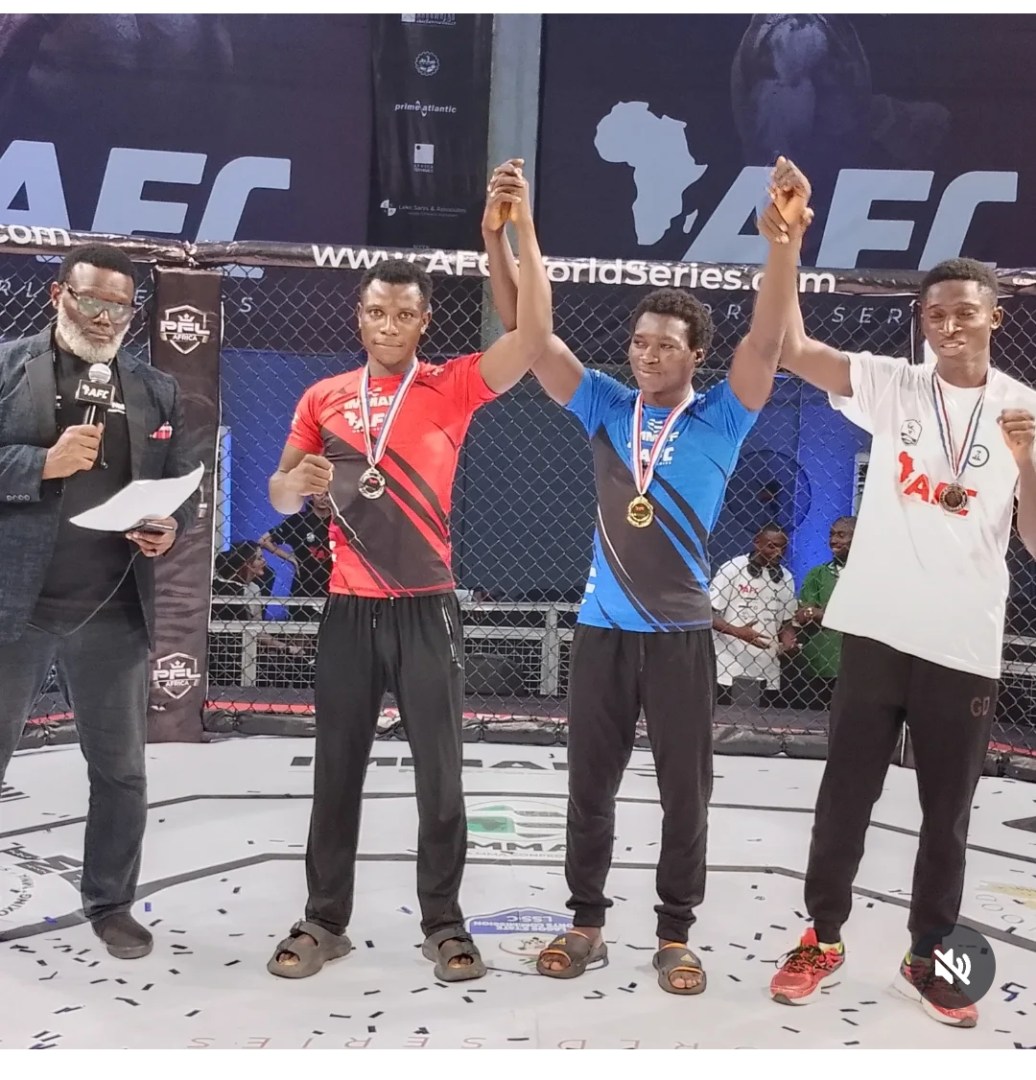
Lagos: Nigeria’s New Sports Capital
For Lekan Fatodu, director general of the , the magnitude of the AFC World Series reaffirmed Lagos’s status as the heartbeat of Nigerian sports. In his view, the city has consistently demonstrated its ability to host world-class sporting events and to nurture both grassroots and elite talent across various disciplines.
“For everyone following developments in Lagos, it is clear we have never seen something like this in recent times. We’ve hosted archery, fencing, table tennis, badminton, and now martial arts. Lagos State is the epicentre of sports in Nigeria—and also of sports economics,” Fatodu said.
He also highlighted Lagos State’s determination to support athletes beyond the sporting arena. This includes fostering partnerships with private sector players to create opportunities in entrepreneurship and academic scholarships. “Sports is no longer just a hobby; it is a global currency. Our responsibility is to provide an enabling environment and holistic support—mentally, socially, and professionally—so these athletes can thrive,” he added.
AFC World Series: Creating a Pathway for African MMA
Raad Aswani, the founder of the AFC World Series, regarded the successful staging of the Lagos tournament as a critical turning point for African MMA. “No one has done something like this in Africa before. This is the first step in creating a pathway from amateur to professional MMA on the continent,” he remarked, highlighting his pride in the achievements to date.
According to Aswani, the tournament was meticulously designed to serve as a springboard for talented fighters. He explained that successful athletes will go on to participate in the Next Contenders Tournament later in the year, allowing them to rack up multiple fights and fast-track their move into the professional scene. “We don’t want our athletes to stay with us forever. If we get them a spotlight in the UFC or PFL, we’ll make sure that dream comes true,” he asserted.
Despite the many positives, Aswani underscored the need for broader involvement moving forward. “Every cent of this has come from our pocket. Now that you’ve seen the quality of what we’ve done, I urge sponsors and government to join us to ensure this remains a homegrown African product that lasts for generations.” His call reflects a sentiment shared by many across Nigerian sport: sustainable growth depends on increased investment and cross-sector support.
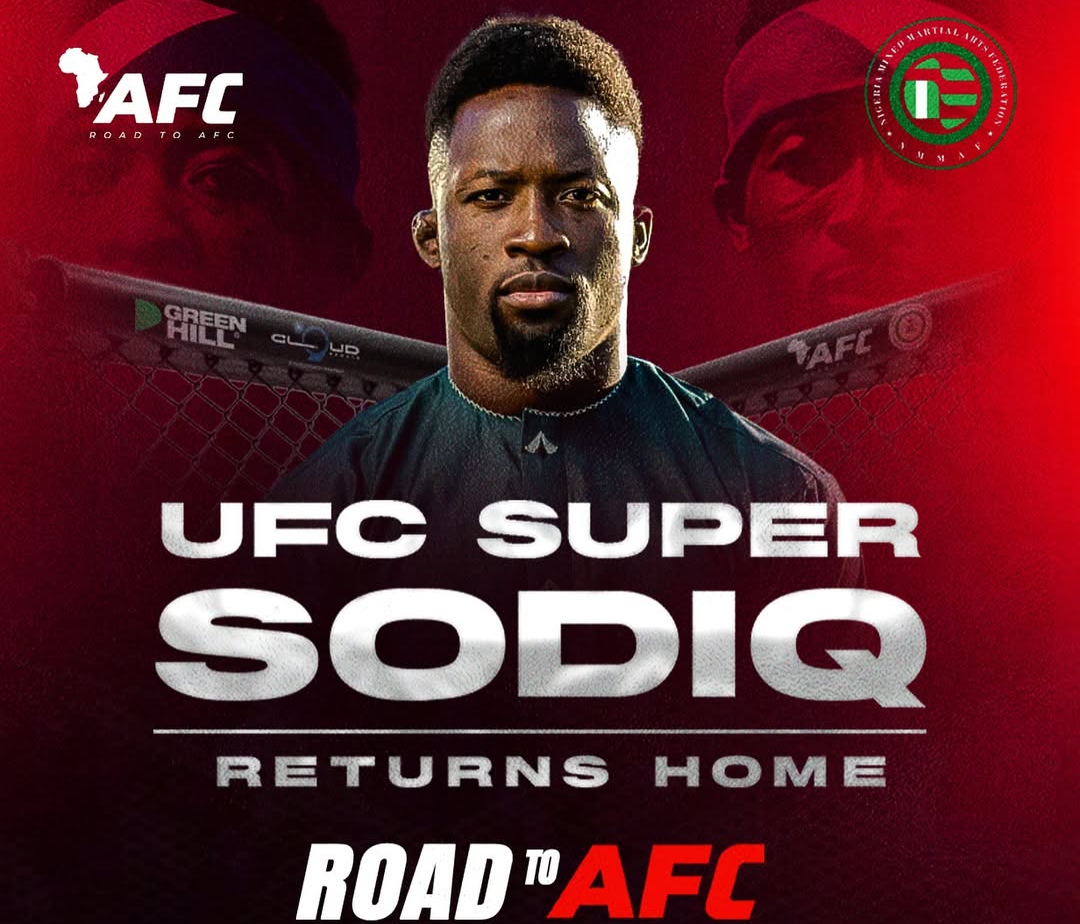
More Than Fights: Entertainment and Culture on Display
The action in the cage was only part of the story. The event boasted electrifying music, live performances, and interactive fan experiences that kept Lagos crowds engaged and excited throughout the tournament. From up-and-coming artists to established entertainers, the blend of sport and culture added a unique flavour that celebrated both Nigerian identity and the universal spirit of mixed martial arts.
The Road Ahead for African MMA
The AFC World Series has set a precedent not just for Nigeria but for all of Africa—a launchpad for local athletes to reach new heights in a rapidly growing sport. With increased infrastructure, government and sponsor investment, and community support, experts say African MMA could soon emerge as a powerhouse on the international stage. Yet challenges remain, including the need for more training facilities, stable funding, and streamlined opportunities for emerging talents across West Africa.
Still, as the excitement of the tournament gives way to fresh ambition, athletes, officials, and fans are united in their optimism. With fresh faces rising, established leaders lighting the path, and cities like Lagos cementing their status as athletic hubs, the future of African combat sports looks bright.
How do you think the rise of MMA and events like the AFC World Series can inspire young Nigerians and West Africans? What will it take for our fighters to dominate on the world stage? Share your perspective below—and follow us to stay updated on the latest in Nigerian sports and youth culture!
Need help or have a tip? Reach out to support@nowahalazone.com.
Whether you’re a fan, athlete, or expert, we want your opinions—drop a comment below or connect with us on social media.
Follow us for more updates: Facebook, X (Twitter), Instagram


